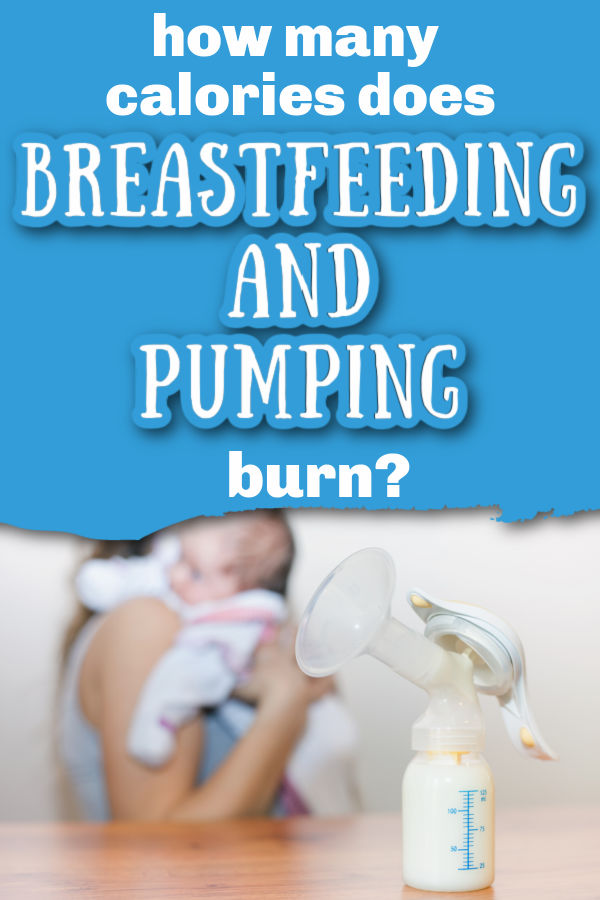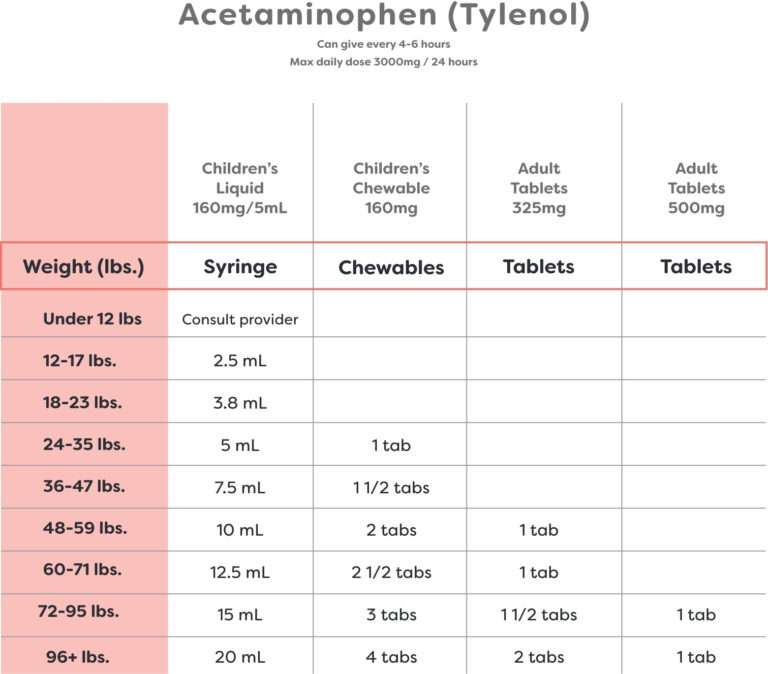When Does Preschool Start: A Comprehensive Guide for Parents
Preschool is an important milestone in a child’s life, providing a foundation for their academic, social, and emotional development. But when is the right time to start preschool? This comprehensive guide explores the factors that influence the optimal age for preschool enrollment, from legal requirements to developmental readiness.
Enrolling a child in preschool at the appropriate age ensures they reap the maximum benefits of this early learning experience. By understanding the considerations involved, parents can make informed decisions about their child’s preschool journey.
Age Ranges for Preschool Enrollment
In most countries, the typical age range for preschool enrollment is between 2 and 5 years old. However, there can be variations in these age ranges depending on the country or region. For example, in some countries, preschool may start as early as 18 months, while in others it may not start until 3 years old.
There are a number of factors that may influence the age of preschool entry. These include:
Country or Region
The age at which preschool starts can vary depending on the country or region. In some countries, preschool may start as early as 18 months, while in others it may not start until 3 years old. This is often due to differences in cultural norms and expectations, as well as the availability of preschool programs.
Child’s Development
The child’s individual development can also influence the age at which they start preschool. Some children may be ready for preschool at a younger age, while others may need more time to develop the necessary skills and independence.
Family Circumstances
Family circumstances can also play a role in the age at which a child starts preschool. For example, if both parents work full-time, they may need to enroll their child in preschool at a younger age in order to have childcare.
Legal Requirements and Regulations
In many countries, there are legal requirements and regulations regarding the minimum and maximum ages for preschool enrollment. These regulations may vary based on factors such as location, type of preschool, and whether it is government-funded or private.
In England, for example, the legal minimum age for preschool enrollment is two years old, while the maximum age is five years old. However, some private preschools may accept children as young as six months old, while others may offer programs for children up to six years old.
Government Regulations
- The government sets the minimum and maximum ages for preschool enrollment in each country.
- These regulations may vary based on the type of preschool, such as government-funded or private.
- In England, the legal minimum age for preschool enrollment is two years old, while the maximum age is five years old.
Private Preschools
- Private preschools may have their own age requirements that differ from government regulations.
- Some private preschools may accept children as young as six months old, while others may offer programs for children up to six years old.
Developmental Milestones and Readiness

Preschool enrollment age is determined by considering the developmental milestones and readiness indicators of a child. These indicators include assessing a child’s social, emotional, and cognitive development.
Social Development
– A child should be able to interact with peers and adults appropriately.
– They should be able to follow simple instructions and participate in group activities.
– They should be able to express their needs and feelings verbally or non-verbally.
Emotional Development
– A child should be able to regulate their emotions and cope with frustration.
– They should be able to form attachments to caregivers and other children.
– They should be able to show empathy and concern for others.
Cognitive Development
– A child should be able to learn new skills and concepts.
– They should be able to problem-solve and think critically.
– They should be able to use language to communicate their thoughts and ideas.
Assessing these developmental milestones helps determine if a child is ready for the social, emotional, and cognitive demands of preschool.
Types of Preschool Programs
Preschool programs vary widely in terms of their structure and curriculum. Some of the most common types of preschool programs include:
- Half-day programs typically run for three to four hours per day, while full-day programs run for six to eight hours per day.
- Center-based programs are typically located in a dedicated building or facility, while home-based programs are held in the home of a caregiver.
The type of preschool program that is best for a child will depend on a number of factors, including the child’s age, developmental needs, and family’s schedule and budget.
Benefits of Early Preschool Enrollment
Enrolling children in preschool at an early age offers numerous advantages that can positively impact their overall development. Research has consistently shown that preschool education provides a solid foundation for future academic success and well-being.
Preschool programs foster cognitive, social, and emotional development. They introduce children to essential skills like problem-solving, critical thinking, and language comprehension. Additionally, preschool environments encourage children to interact with peers, develop social skills, and learn to regulate their emotions.
Academic Benefits
- Enhanced cognitive development, including improved language skills, problem-solving abilities, and critical thinking.
- Increased academic readiness, preparing children for success in kindergarten and beyond.
- Improved school attendance and reduced dropout rates.
Social and Emotional Benefits
- Enhanced social skills, such as communication, cooperation, and empathy.
- Increased self-confidence and self-esteem.
- Improved emotional regulation and coping mechanisms.
Other Benefits
- Reduced need for special education services.
- Increased earning potential in adulthood.
- Positive impact on parents, allowing them to pursue education or employment.
Factors to Consider When Choosing a Preschool
When selecting a preschool for your child, several key factors should be considered to ensure the best possible fit for their individual needs and developmental stage. These factors can influence the appropriate age for enrollment and the overall quality of the preschool experience.
Location
The location of the preschool should be convenient for your family, taking into account factors such as proximity to your home or workplace and ease of access by car or public transport. Travel time and convenience can impact the feasibility of regular attendance and the overall practicality of the preschool choice.
Curriculum
The curriculum offered by the preschool should align with your educational values and goals for your child. Consider the preschool’s approach to learning, play, and social development, as well as any specialized programs or activities they may offer. A well-rounded curriculum that promotes cognitive, physical, emotional, and social growth is ideal.
Teacher Qualifications
The qualifications and experience of the preschool teachers are crucial. Look for teachers who are certified or have specialized training in early childhood education and have a proven track record of working effectively with young children. Their knowledge, skills, and dedication can significantly impact the quality of the learning environment and your child’s overall preschool experience.
Q&A
What is the typical age range for preschool enrollment?
The typical age range for preschool enrollment varies depending on the country or region. In the United States, preschool typically begins at age 3 or 4, while in some European countries, children may start as early as age 2.
Are there any legal requirements or regulations regarding preschool enrollment ages?
Legal requirements and regulations regarding preschool enrollment ages vary by jurisdiction. Some countries have compulsory preschool education, while others have no legal requirements. It’s important to check the specific regulations in your area.
What developmental milestones should be considered when determining the appropriate age for preschool?
When determining the appropriate age for preschool, it’s important to assess a child’s developmental milestones. These include social skills, such as interacting with peers and following instructions, emotional development, such as self-regulation and expressing emotions appropriately, and cognitive development, such as language comprehension and problem-solving abilities.
What types of preschool programs are available?
There are various types of preschool programs available, including half-day or full-day, center-based or home-based, and play-based or academic-focused. The type of program may influence the age of enrollment, as some programs may be more suitable for younger or older children.
What are the benefits of early preschool enrollment?
Research has shown that children who enroll in preschool at an early age experience a range of benefits, including improved cognitive development, enhanced social skills, and better preparation for kindergarten and beyond.





